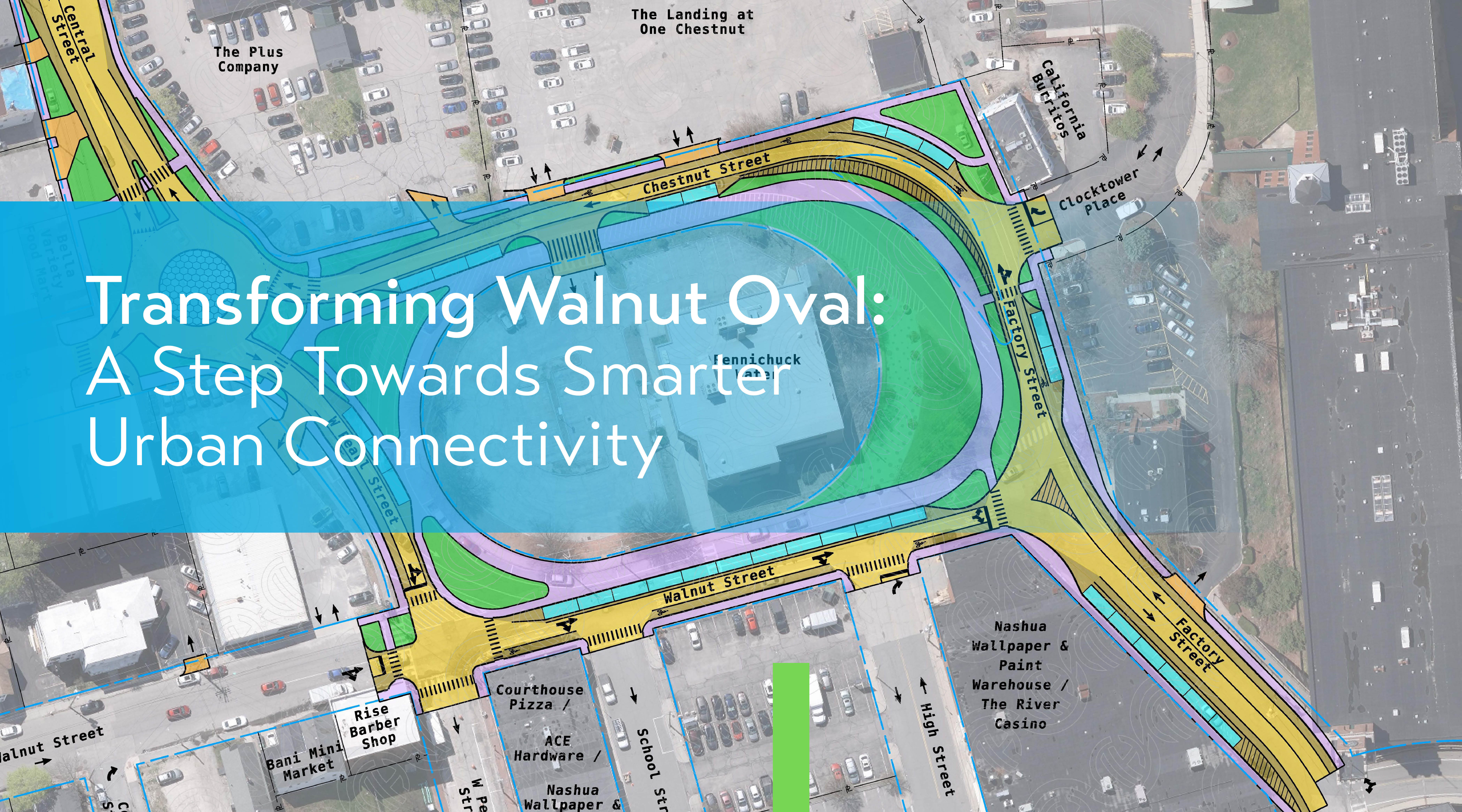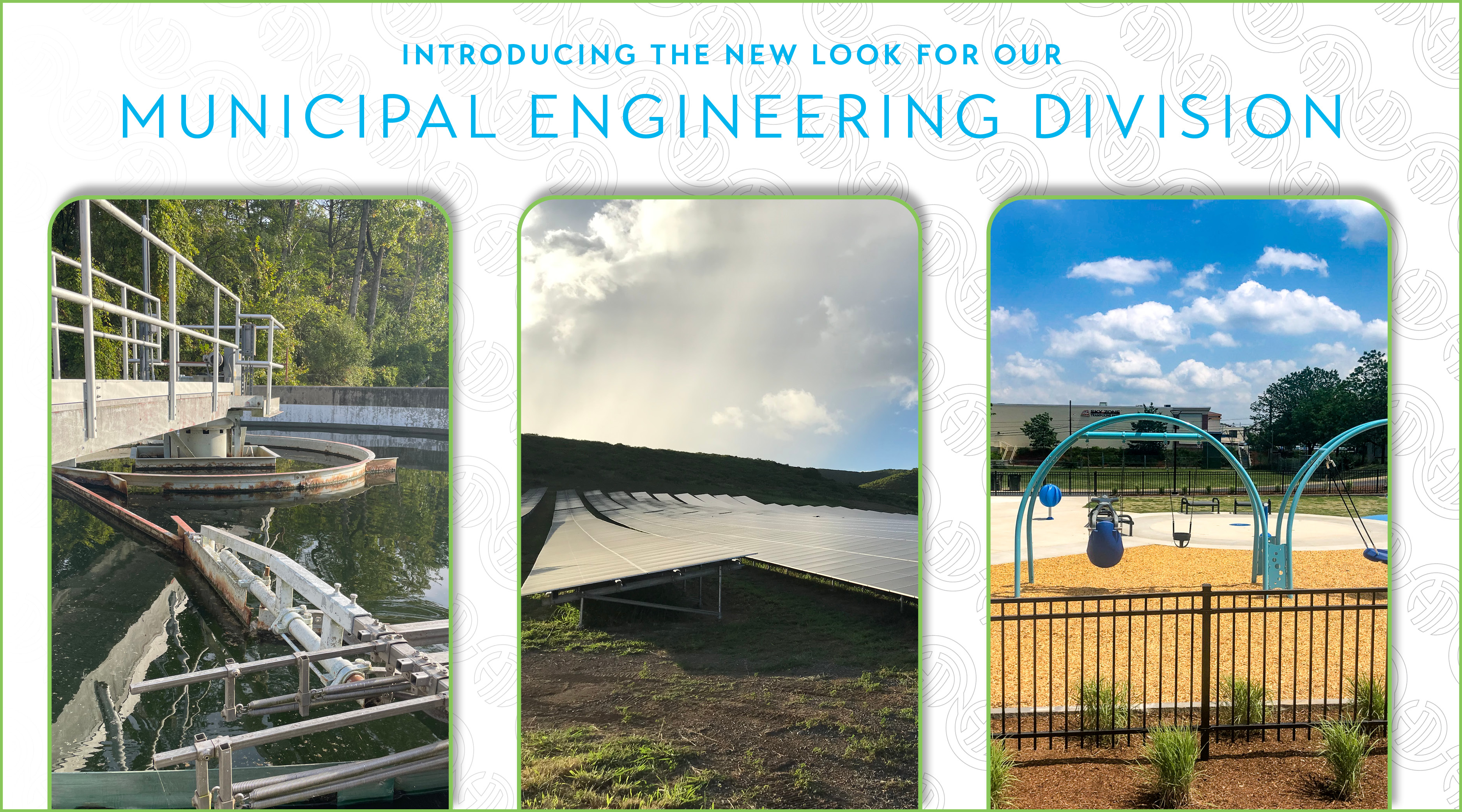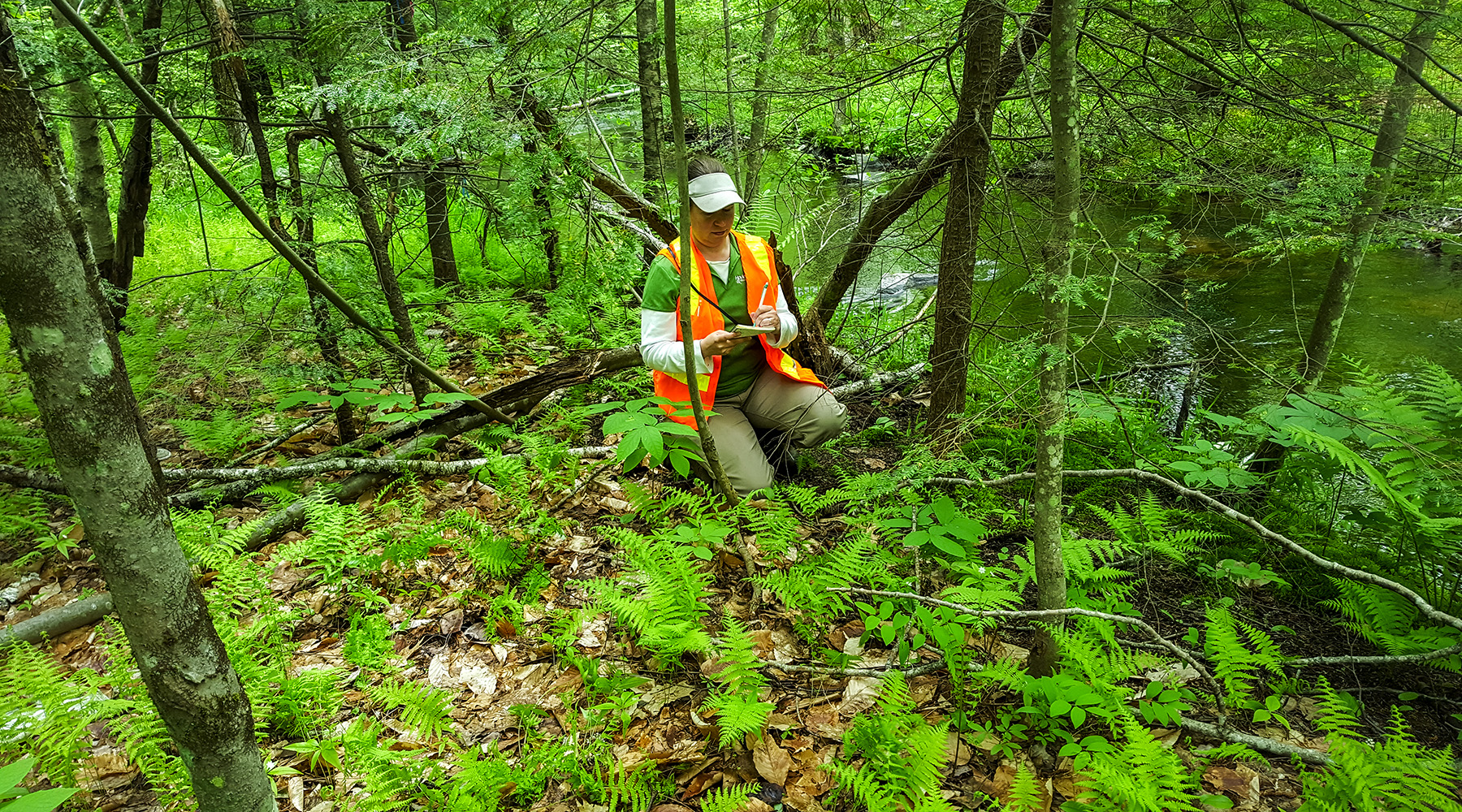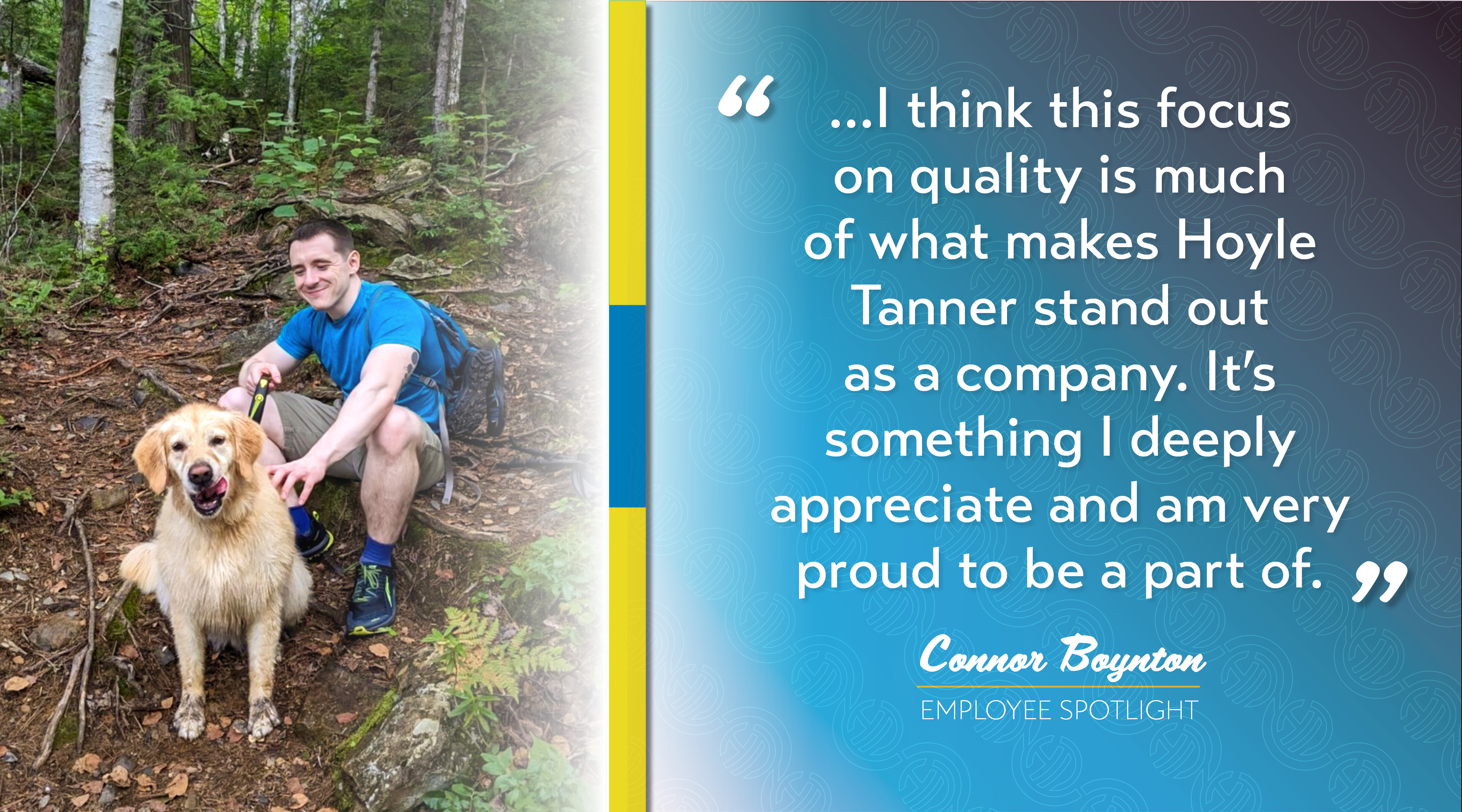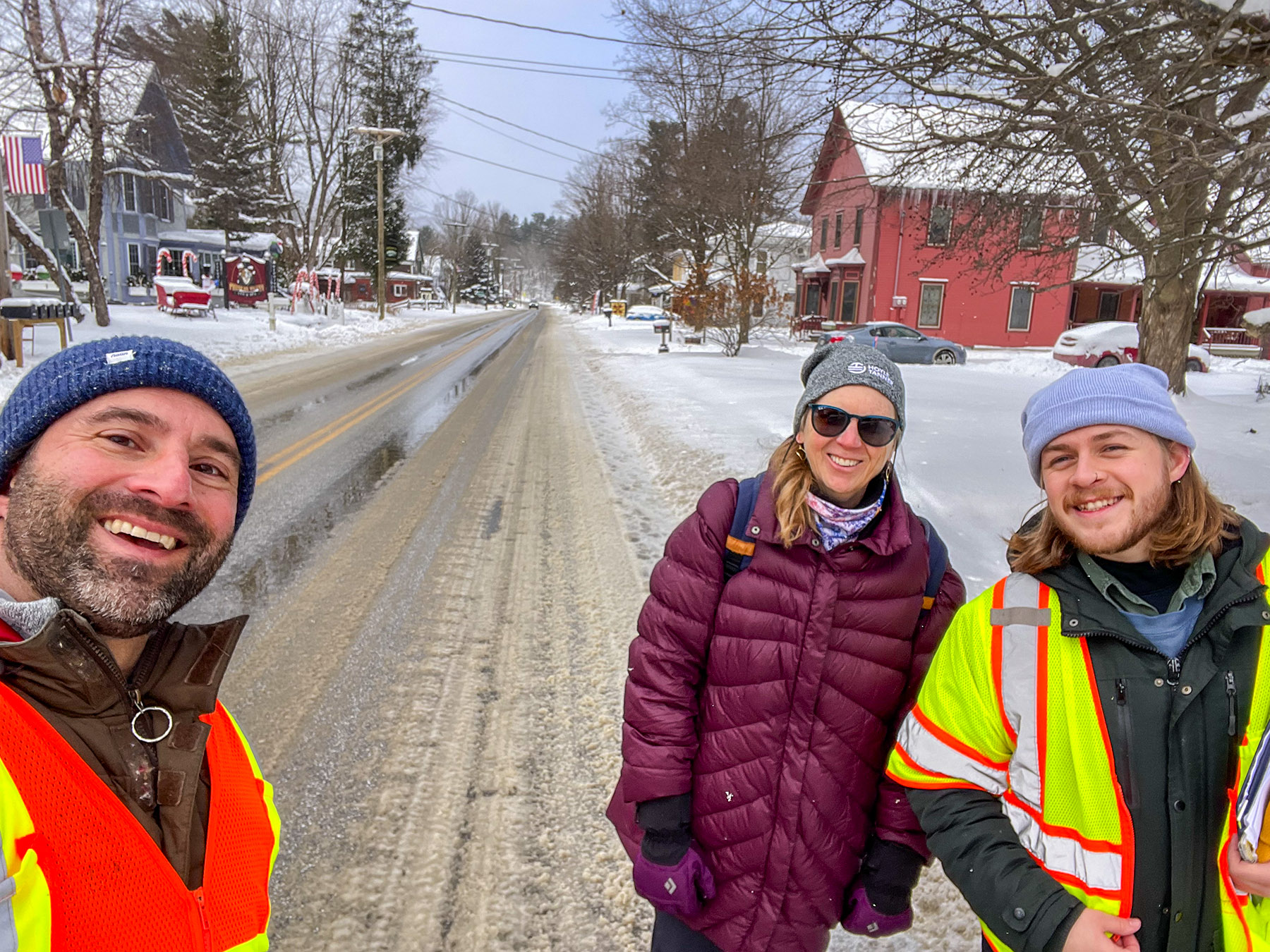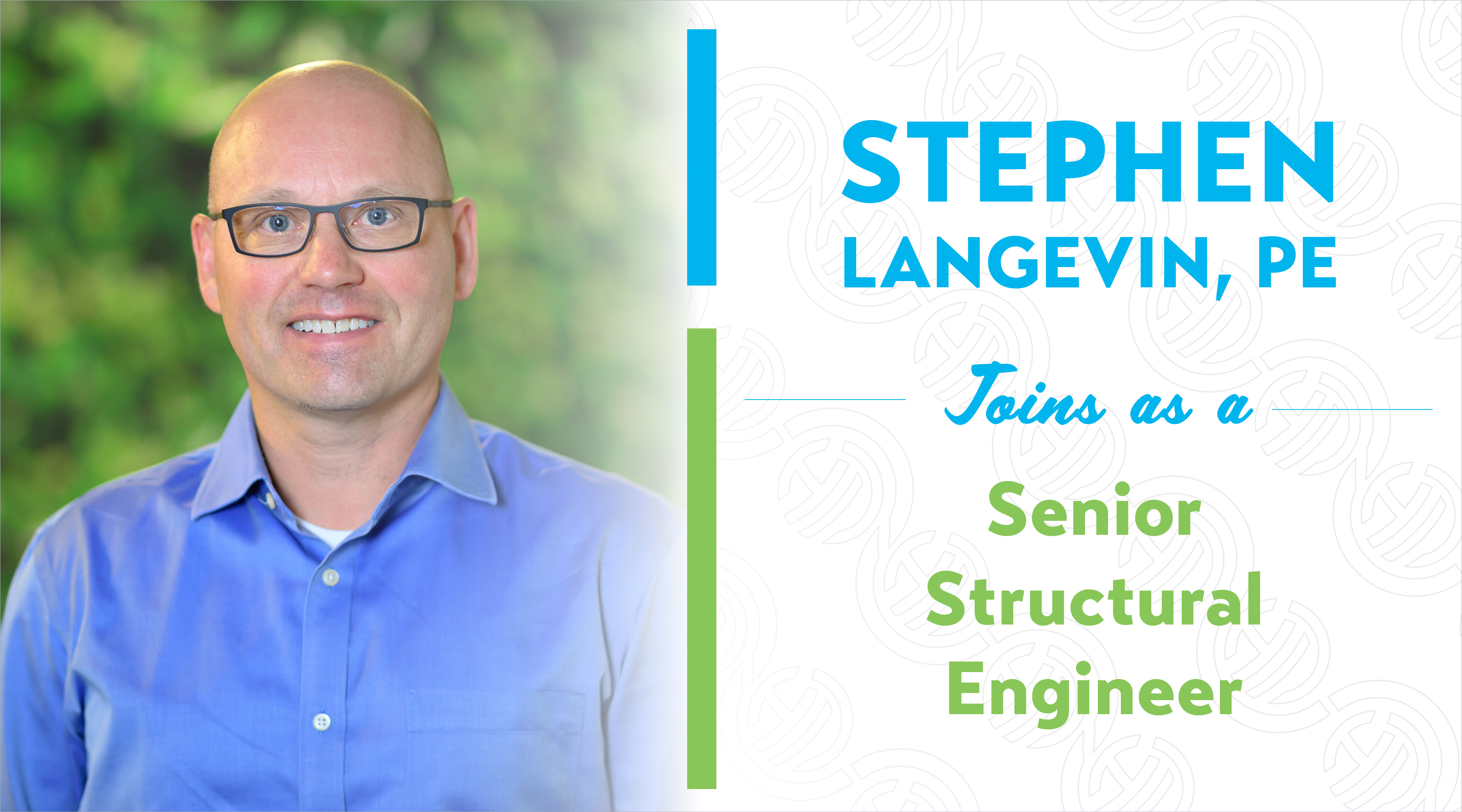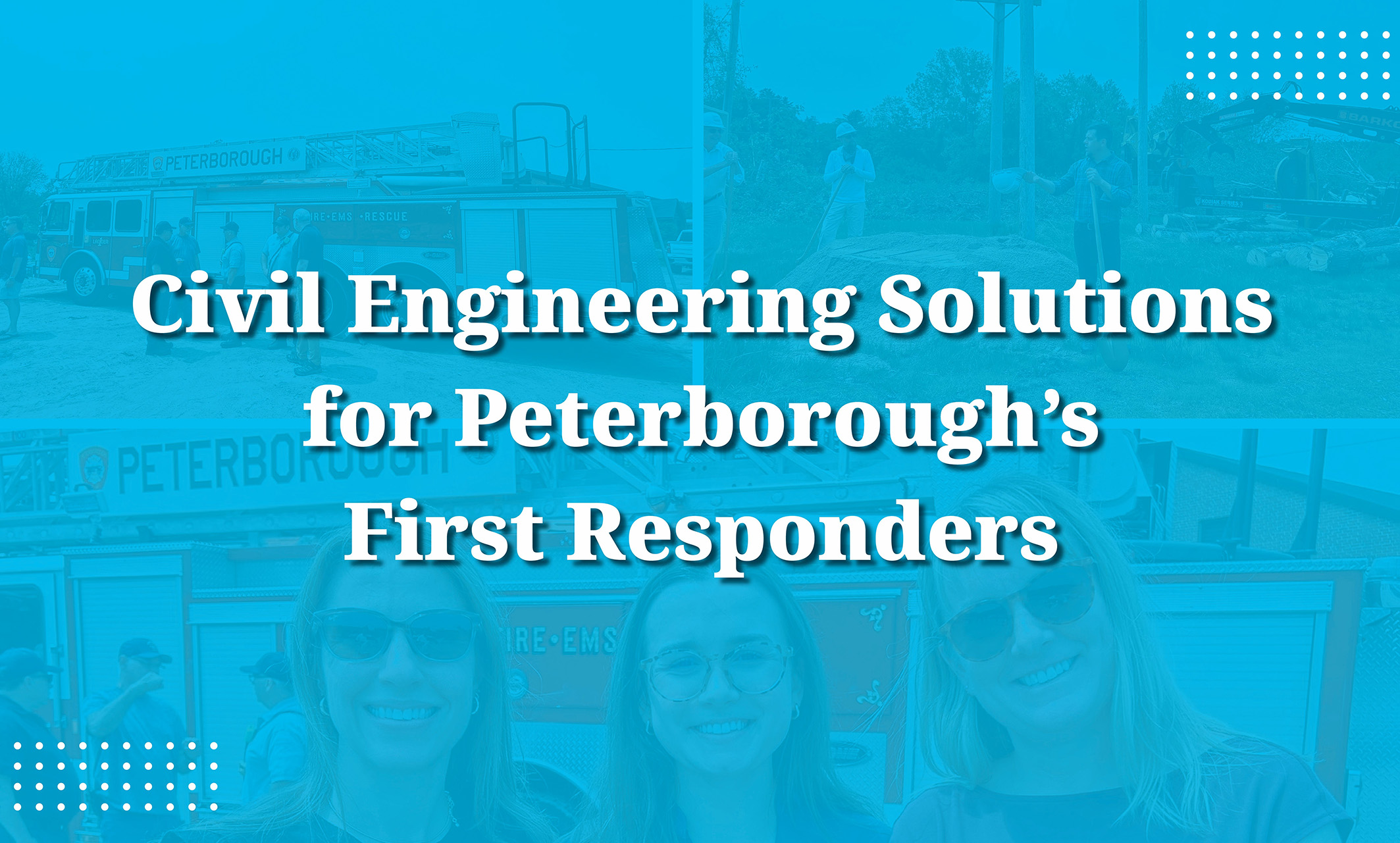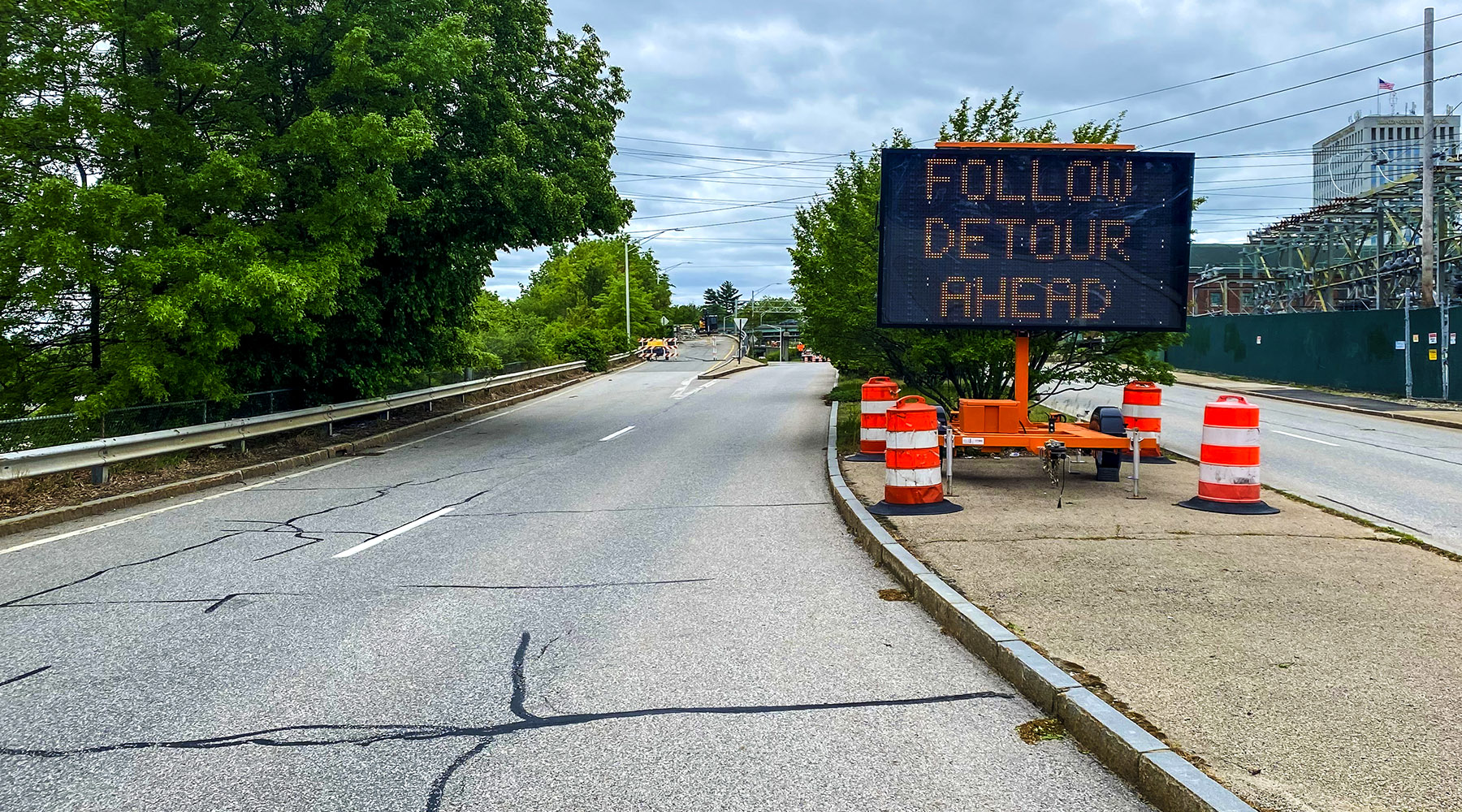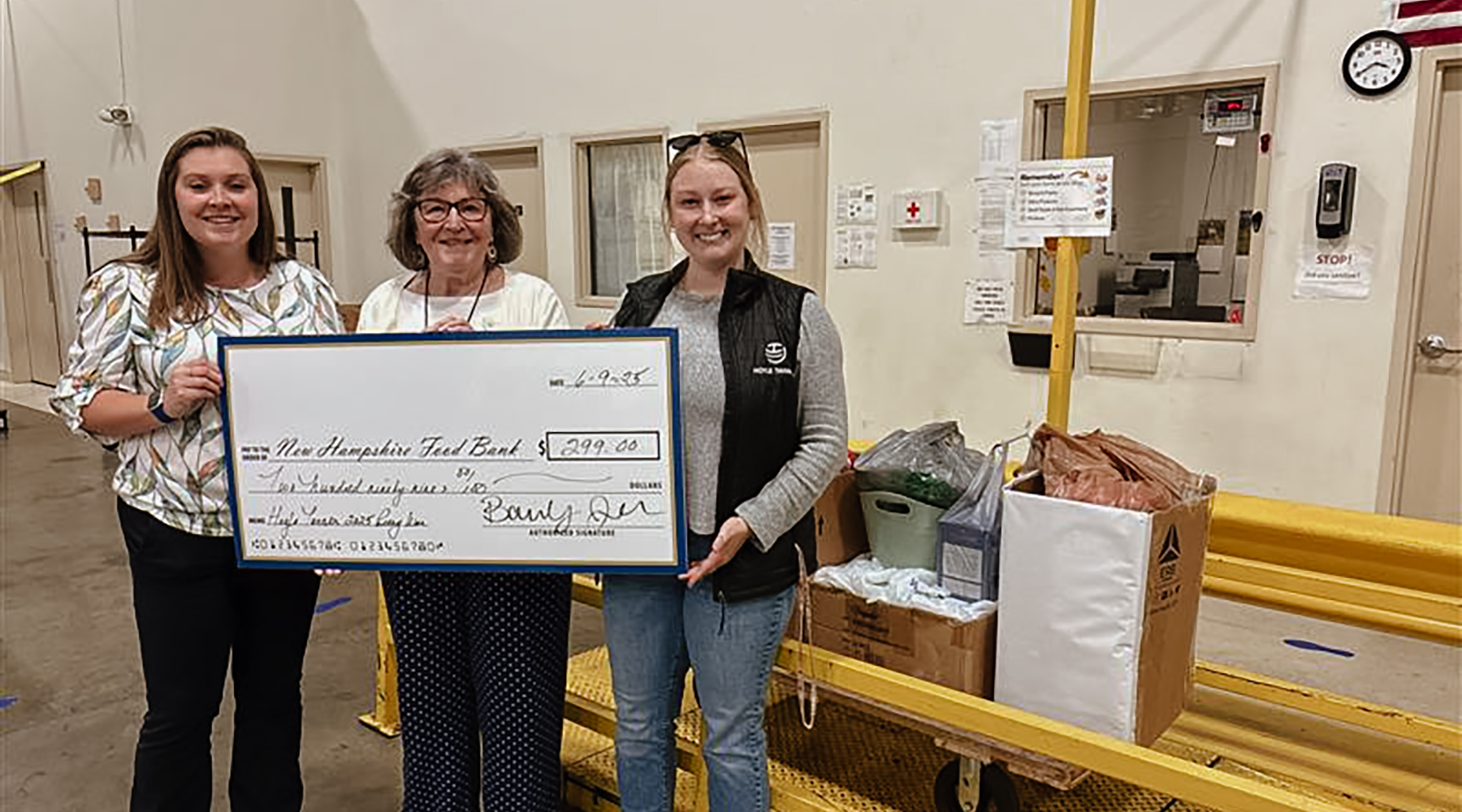Hoyle Tanner isn’t just the stomping grounds of engineers and designers. Our walls hold professionals with passions for what they do and concerns for how corporate actions impact the climate. It is out of this concern, coupled with engineering expertise, that we decided to form RISER – an internal working group that vets Hoyle Tanner’s actions through a lens of sustainability. RISER is an acronym: Resiliency, Innovation, Sustainability, Economics, and Renewables. We wanted to do more. We wanted to find another way to embody our Vision, Our projects will improve the natural and built environments providing healthy and vibrant communities. And just like that, the Climate Action Plan (CAP) was born.
“While our direct contributions to climate change are relatively insignificant as a service provider, we design solutions for large developments and infrastructure around the country and have a responsibility to reduce our indirect carbon footprint on these projects as much as practicable.”
Developing CAP
Part of developing our CAP included acknowledging our own energy use and waste. We analyzed the percentage of remote work against our office usage, especially since the COVID-19 pandemic forced a change in the way we work. We currently have six offices located across five states, each of which requires power and HVAC despite most being less than fully staffed on any given day due to our new hybrid working model. From 2019 to 2021, the average decline in our utility useage across our New England offices was approximately 14%.
We also recognize that our design services produce less waste than other parts of our industry – like construction – but it is where we can make the most impact. We have the ability, and responsibility, to advocate for innovative solutions that are more sustainable by breaking free from the mold of “this is how we’ve always done it.” Our CAP calls on each of us to examine why we are choosing the designs we are presenting to clients and the costs each of these designs will have on future generations, environmentally and financially.
Our best asset to helping the changing environment will be education. Our CAP advocates for employees to remain updated on the best practices, recent guidance, technical needs and funding opportunities to address climate change-related concerns that can be considered in our project designs. Attending conferences and speaking with industry leaders will keep us at the forefront of our impact.
Processes in Place
“Our company developed a Corporate Telework Policy to allow employees to work remotely even after a return to the office was feasible. We follow a hybrid system that allows employees to define their remote work arrangement with approval from a supervisor. As we have seen during the pandemic, this structure provides resiliency for potential future emergencies.”
The pandemic forced people to temporarily work remotely out of necessity, but we’ve maintained and improved the benefits that remote work offered. Our telework policy saves commuting time, gas, reduces traffic congestion, and allows flexibility. These practices have greatly decreased the need for travel between client sites, offices, and homes, reducing our corporate emission footprint.
The sustainability of the environment is only one component of a healthy ecosystem; our telework policy allows for scheduling flexibility, which creates some peace of mind for parents, those caring for elderly relatives, and those with extra curriculars that they are passionate about – like volunteering and coaching. For some, the telework policy is the mental health break they needed particularly during the challenging period we have been experiencing since spring 2020.
We’ve also adapted to electronic submissions as the pandemic forced everyone to limit their paper products. We have an online bidding portal, standardized internal and external documents, and a centralized messaging platform. This transition saves physical paper, time, money and fuel by avoiding shipping hard copies. Contractors no longer need to hand-deliver bid packages saving time, gas, emissions, and money.
Though recycling is a small component of any climate initiatives, we do participate in the Dell Recycling Program for our outdated hardware. We have recycling bins set up in our kitchens, and we recycle paper waste. Some of our actions will have a greater impact than others at helping alleviate impacts on the climate, but no action is too small or too unimportant to take.
The Beginning of a Structured Approach
“Hoyle Tanner plans to evaluate our overall business practices on an annual basis to ensure we are meeting and adapting our sustainability goals.”
The work is far from behind us. Creating a Climate Action Plan is the beginning of a structured approach to holding ourselves accountable. Continuous education will put our professionals at the forefront of implementing less impactful and longer-lasting materials and practices into our designs. We will advocate with our clients for innovation and sustainable practices to continually improve our industry and reduce the long-term effects of our projects on the environment.
We have committed to reviewing our practices on an annual basis, from how we use our offices to how much technical waste is being generated from our virtual practices.
We’ve always cared; we’ve always done our best given the information we had. The difference now is the targeted approach and dedicated individuals who will manage CAP from its inception to its everyday livability in our practice.
Quotes are taken from our formal CAP document.
*It’s Hoyle Tanner’s 50th anniversary this year! Keep an eye on our Facebook, LinkedIn, and Twitter feeds for articles and anniversary news!

